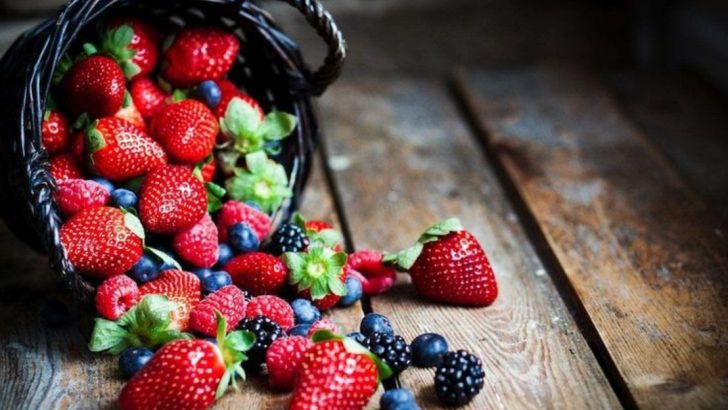Fruits are nature’s candy, packed with vitamins and nutrients our bodies need. But not all fruits are created equal when it comes to health benefits.
Some are nutritional powerhouses that deserve more space in your shopping cart, while others might not deserve their health halos.
1. Blueberries: Brain-Boosting Superheroes
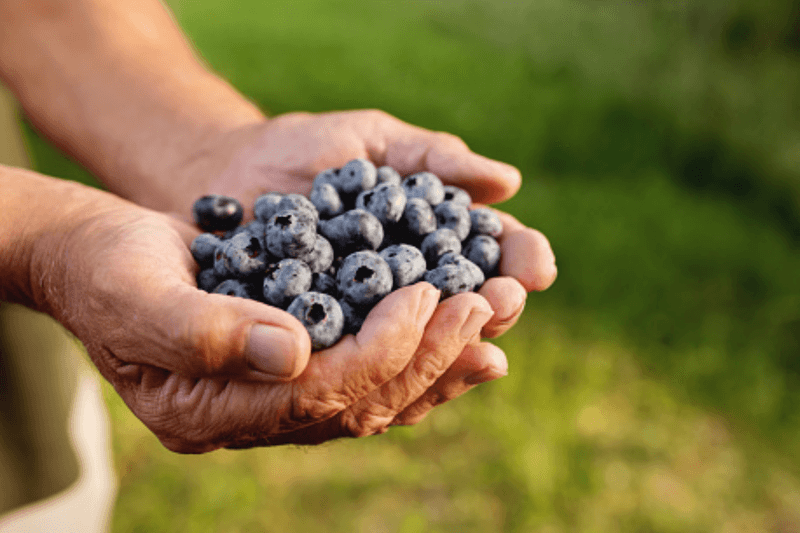
Packed with antioxidants, blueberries fight aging and protect your brain. These tiny blue gems have been linked to improved memory and reduced risk of heart disease.
Just one cup delivers a hefty dose of vitamin C and fiber while being relatively low in calories. Fresh or frozen, they’re equally nutritious!
2. Avocados: Creamy Goodness For Your Heart
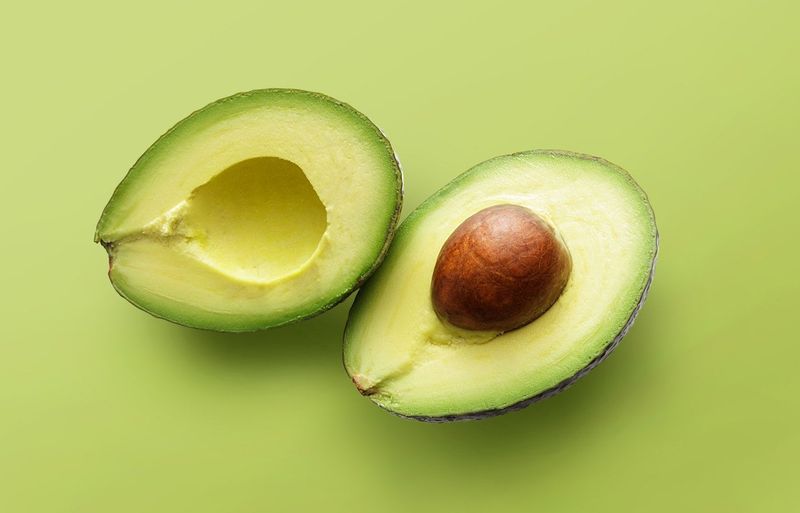
Unlike most fruits, avocados are loaded with healthy fats that keep you full and satisfied. They contain oleic acid, which reduces inflammation and lowers bad cholesterol.
Rich in potassium, fiber, and vitamins, these green gems support heart health. Spread on toast or blend into smoothies for a nutritional boost!
3. Oranges: Vitamin C Champions
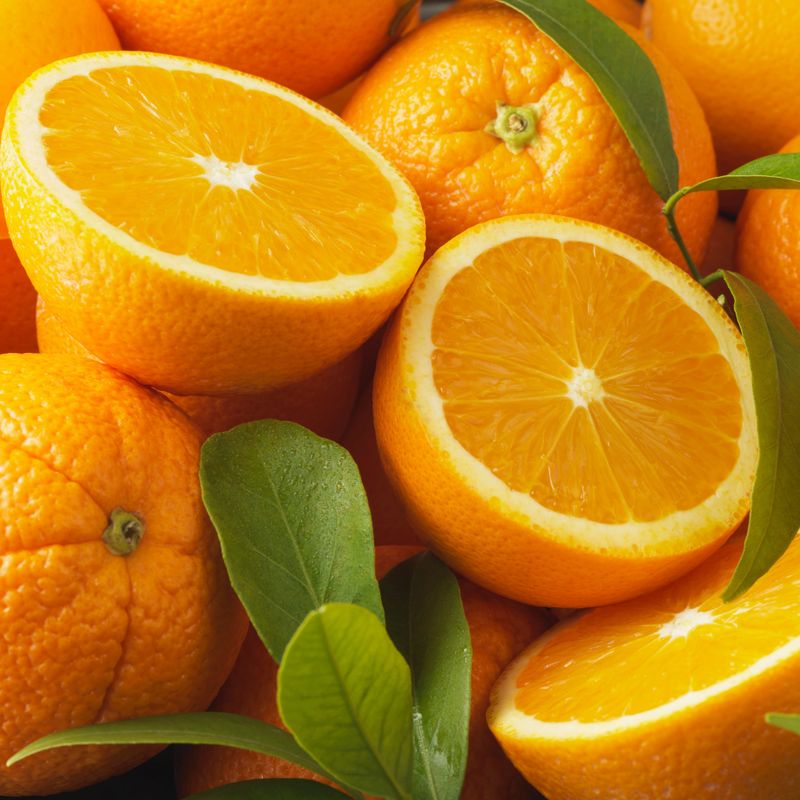
Bursting with immune-boosting vitamin C, oranges help your body fight off infections. One medium orange provides your entire daily vitamin C requirement.
The fiber in oranges supports digestion and helps control blood sugar levels. Eat the whole fruit rather than just drinking juice!
4. Strawberries: Low-Sugar Berry Wonders
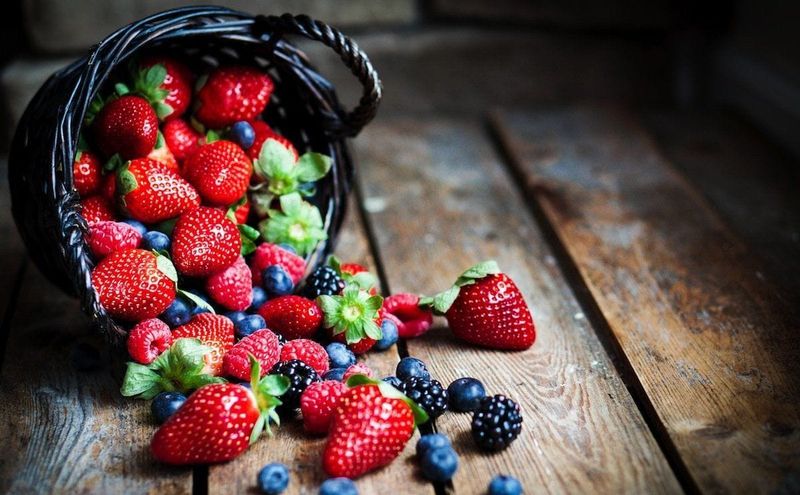
Sweet yet surprisingly low in sugar, strawberries rank among the most nutritious berries. Their bright red color comes from anthocyanins, powerful antioxidants that fight inflammation.
A cup of strawberries contains more vitamin C than an orange! They also provide manganese, folate, and potassium.
5. Apples: Daily Health Protectors
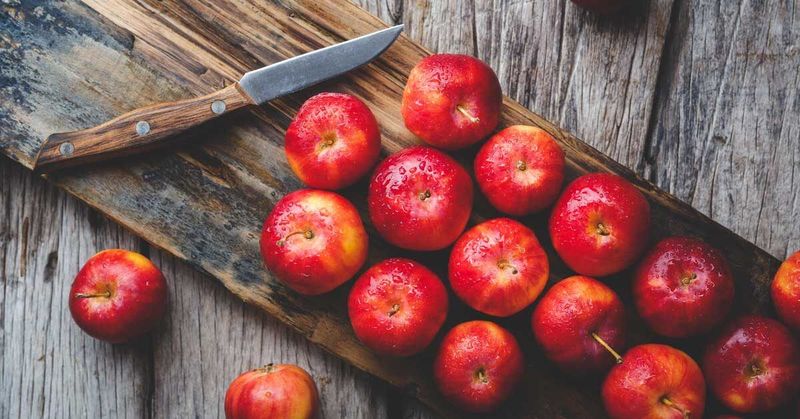
The saying about keeping doctors away has merit! Apples contain pectin, a fiber that feeds beneficial gut bacteria and improves digestion.
Their antioxidants may help reduce asthma symptoms and support lung health. Eat with the skin on to get quercetin, a powerful compound that helps fight allergies and inflammation.
6. Pomegranates: Ruby Red Antioxidant Jewels
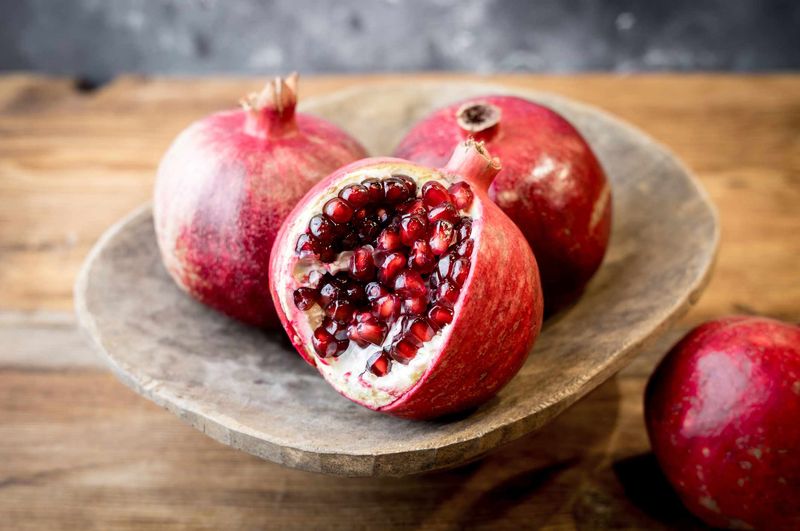
Those tiny seeds pack a mighty punch! Pomegranates contain three times more antioxidants than green tea or red wine.
Studies show they may help fight prostate and breast cancer. Their juice can reduce inflammation, protect against heart disease, and even improve memory.
7. Kiwi: Tiny Fruit, Enormous Benefits
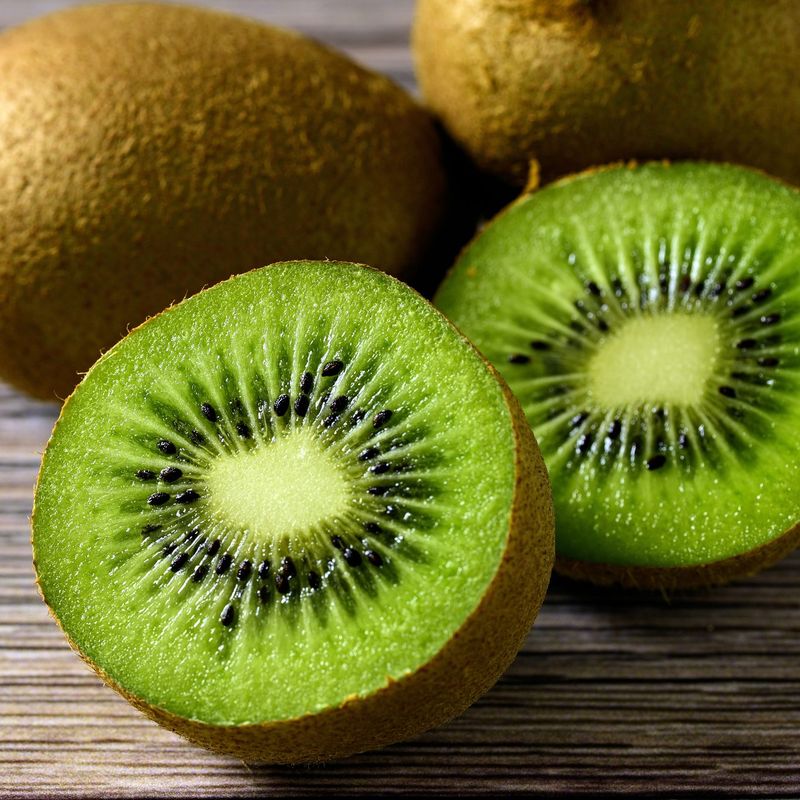
This fuzzy little fruit contains more vitamin C than oranges! Kiwis are also packed with vitamin K, which helps your blood clot properly.
Eating two kiwis before bed might improve your sleep quality due to their serotonin content. The tiny black seeds provide omega-3 fatty acids for brain and heart health.
8. Papaya: Digestive System’s Best Friend
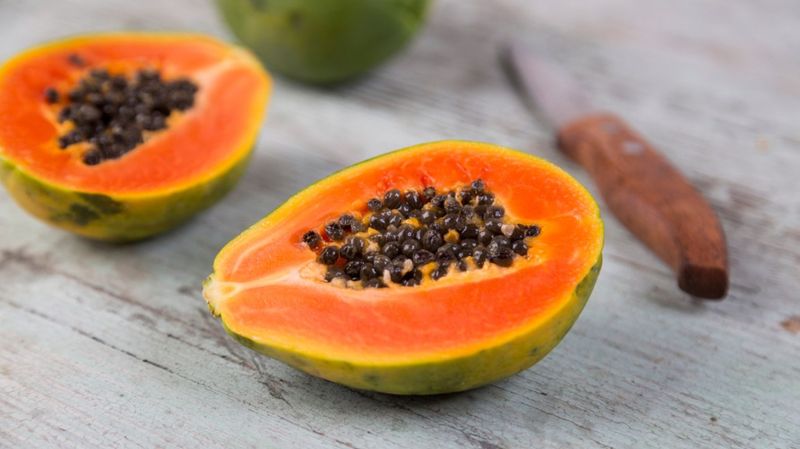
Papayas contain papain, an enzyme that helps break down proteins and aids digestion. This tropical fruit soothes upset stomachs and reduces bloating.
Loaded with vitamins A, C, and folate, papayas support immune function and skin health. Their antioxidants may even help reduce cancer risk.
9. Guava: Tropical Fiber Powerhouse
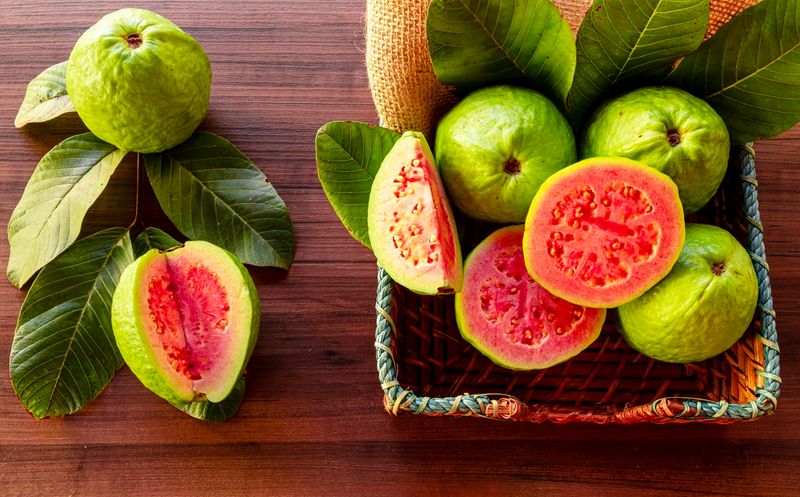
One guava provides 12% of your daily fiber needs while being relatively low in calories. This tropical delight contains more vitamin C than oranges and more potassium than bananas!
Guavas have a low glycemic index, making them great for blood sugar control. Their lycopene content may protect against prostate cancer and heart disease.
10. Cherries: Natural Sleep And Recovery Aid
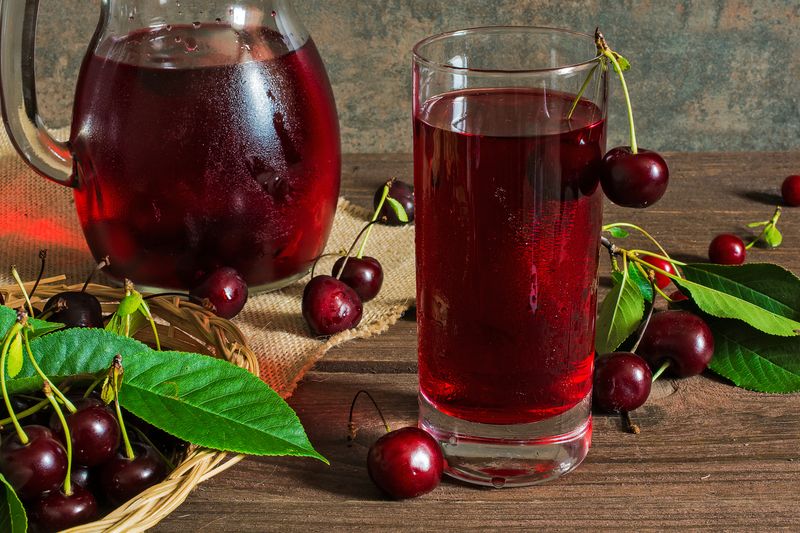
Tart cherries contain melatonin, making them nature’s sleep aid. Athletes love them for reducing muscle soreness after workouts.
Their anti-inflammatory compounds may help with arthritis pain and gout symptoms. Cherries also contain quercetin, which helps fight allergies and supports heart health.
11. Bananas: High-Sugar Energy Boosters
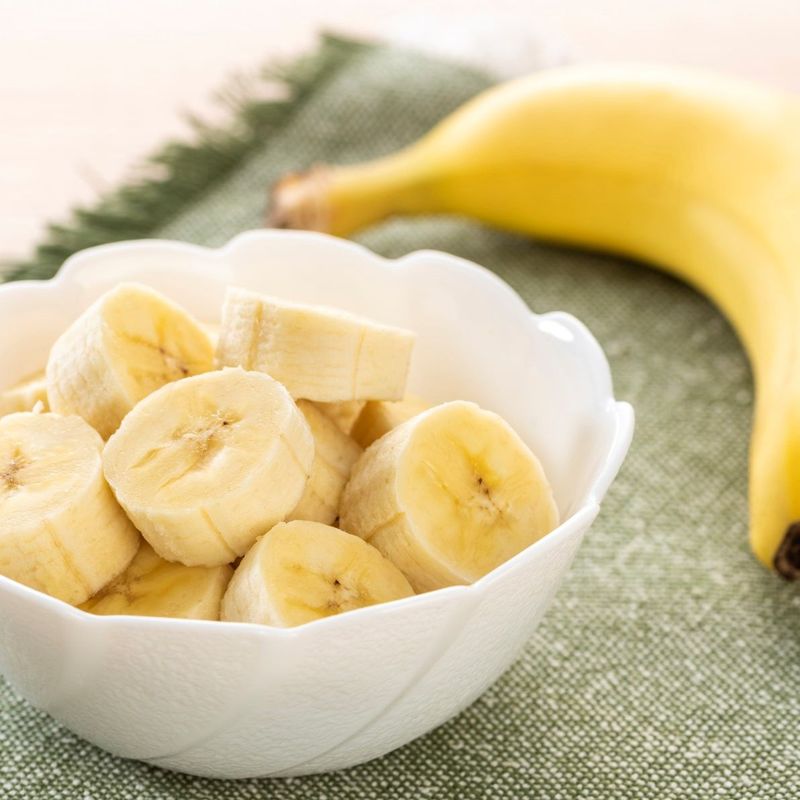
While bananas provide quick energy, they’re relatively high in sugar and carbs. A medium banana contains about 14 grams of sugar and 105 calories.
For people watching blood sugar or trying to lose weight, better fruit options exist. Their high carb content makes them great for athletes but less ideal for those on low-carb diets.
12. Grapes: Nature’s Candy With A Sugar Rush
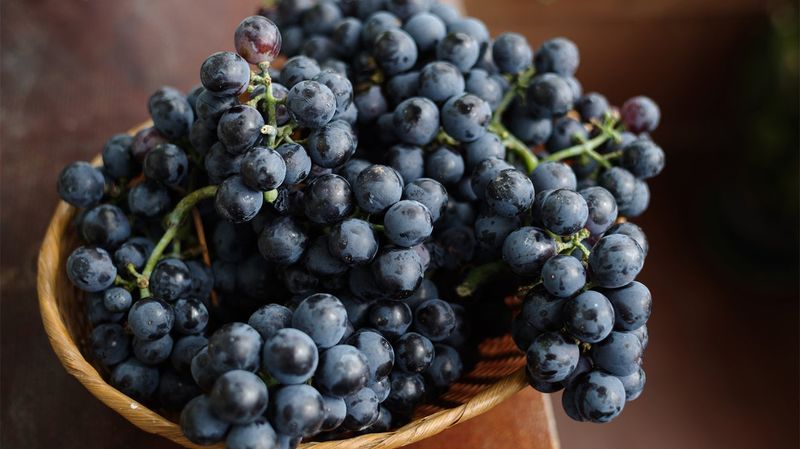
Grapes pack a lot of sugar into small packages. One cup contains about 23 grams of sugar—almost as much as a candy bar!
They have a high glycemic index, causing blood sugar spikes. While they do contain beneficial antioxidants, other fruits offer similar benefits with less sugar impact. Portion control is key!
13. Dried Fruits: Concentrated Sugar Bombs
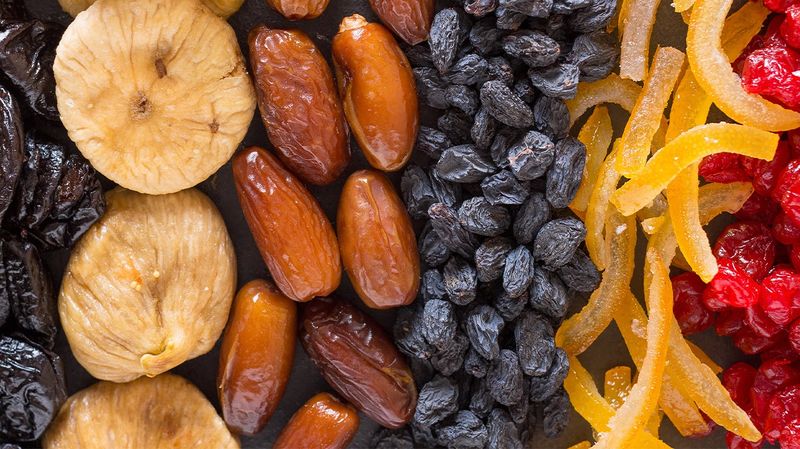
Removing water concentrates fruit sugars into small, easy-to-overeat packages. Just 1/4 cup of dried cranberries contains 29 grams of sugar!
Many commercial dried fruits add extra sugar for taste. The dehydration process also reduces vitamin content while preserving calories. Fresh fruit provides more nutrients and fullness with fewer calories.
14. Fruit Juices: Missing The Fiber, Keeping The Sugar
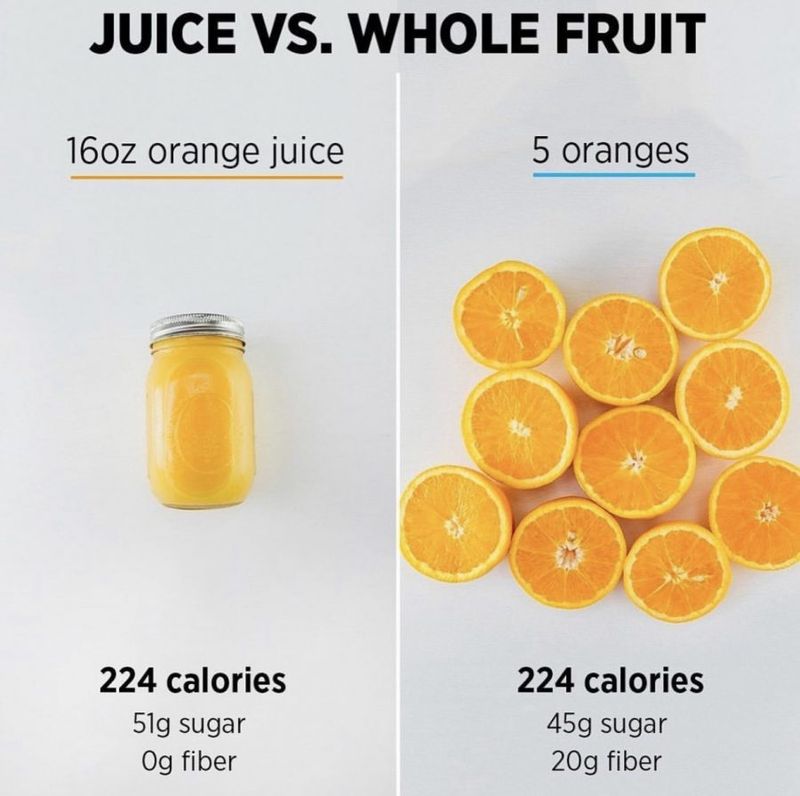
Juicing removes fiber while concentrating sugars. One cup of apple juice contains the sugar of 3-4 apples but none of the filling fiber!
Without fiber, fruit sugars hit your bloodstream quickly, causing sugar spikes. Many commercial juices add extra sweeteners too. Whole fruits provide more nutrition and satisfaction with less sugar impact.
15. Canned Fruit: Hidden Sugars And Preservatives
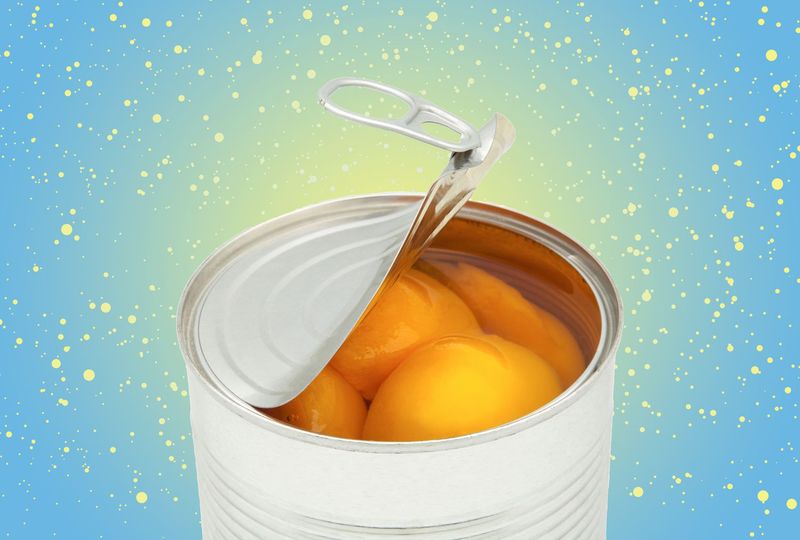
Most canned fruits swim in sugary syrups that add empty calories. A cup of canned peaches in heavy syrup contains about 40 grams of sugar!
The canning process can reduce vitamin content. Some cans also contain BPA, a chemical linked to health concerns. If using canned fruit, choose varieties packed in water or 100% juice instead.
16. Coconut: High In Saturated Fat
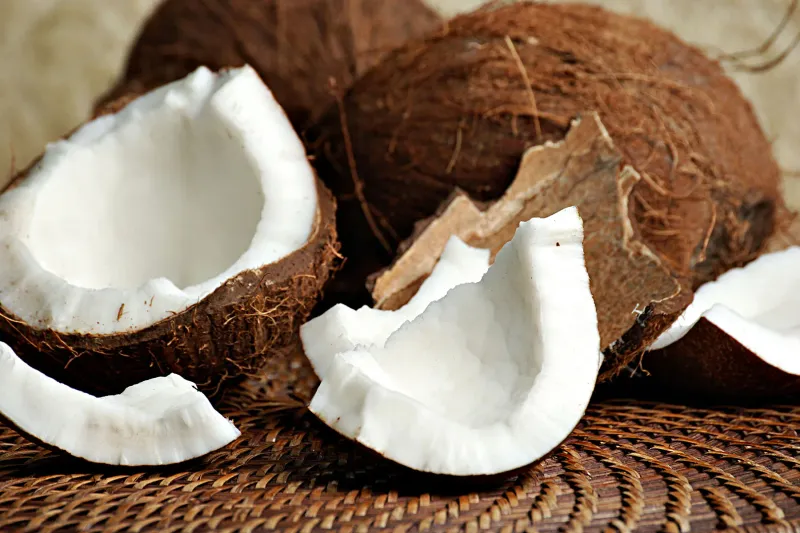
Fresh coconut meat is high in saturated fat—about 24 grams per cup! While some research suggests coconut’s fats may be less harmful than others, they can still raise cholesterol levels.
Coconut contains fiber and minerals but provides few vitamins. Its high calorie content (283 calories per cup) makes it a fruit to enjoy in moderation.
17. Fruit Smoothies: Potential Calorie Overload
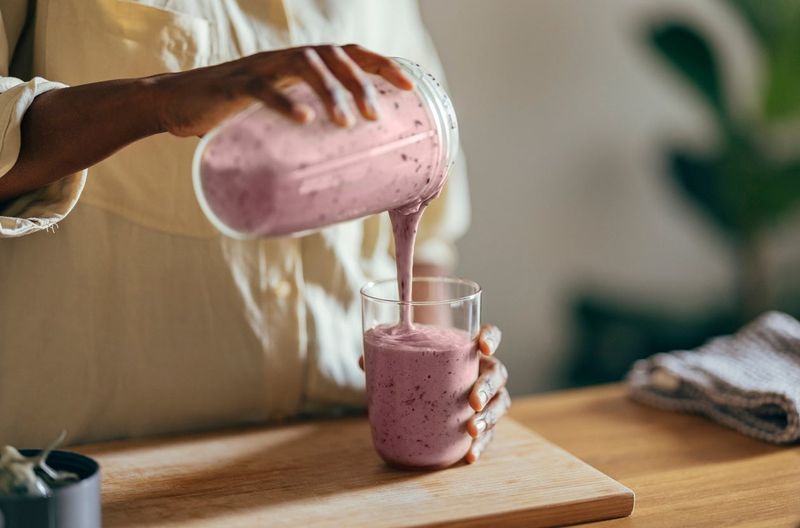
Commercial smoothies often contain added sugars, syrups, or even ice cream. Even homemade versions can pack 300-600 calories when multiple fruits are blended.
Blending breaks down fiber, causing faster sugar absorption. Liquid calories are less filling than whole foods. For better nutrition, eat whole fruits and limit smoothies to occasional treats.
18. Watermelon: High Glycemic Index Refresher
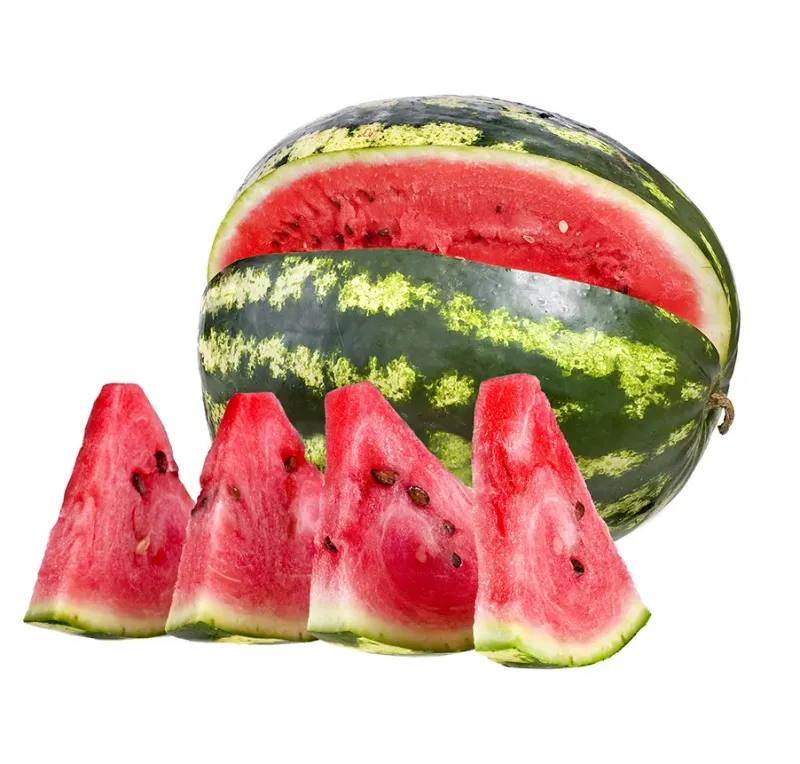
Despite being mostly water, watermelon has a surprisingly high glycemic index of 72! This means it can cause rapid blood sugar spikes.
While low in calories, it provides little fiber to slow sugar absorption. Those with diabetes or insulin resistance might want to limit portions. Pairing with protein or healthy fats can help reduce its glycemic impact.
19. Fruit Leathers: Processed Sugar Strips
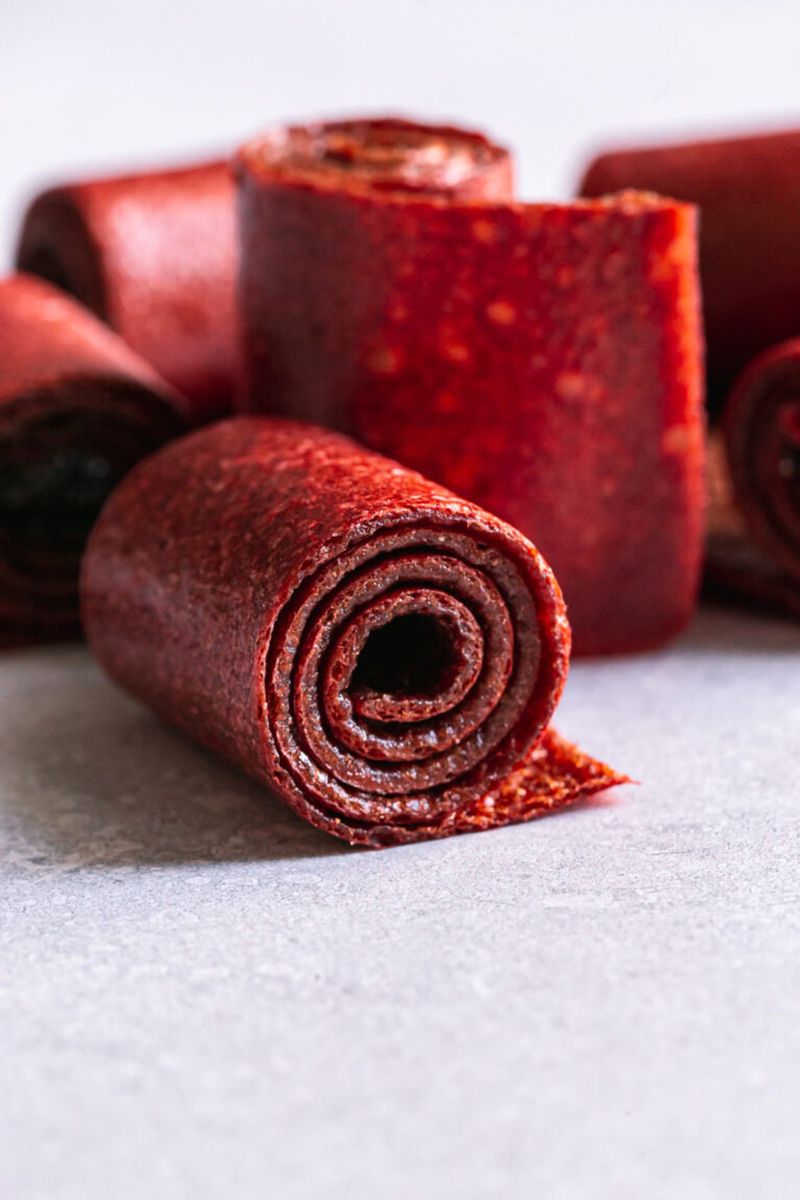
Most commercial fruit leathers contain added sugars, corn syrup, and artificial colors. The concentration process removes water but keeps all the sugar.
Even homemade versions concentrate fruit sugars into easy-to-overeat portions. The sticky texture clings to teeth, potentially contributing to cavities. Whole fruits provide better nutrition with more volume and satisfaction.

